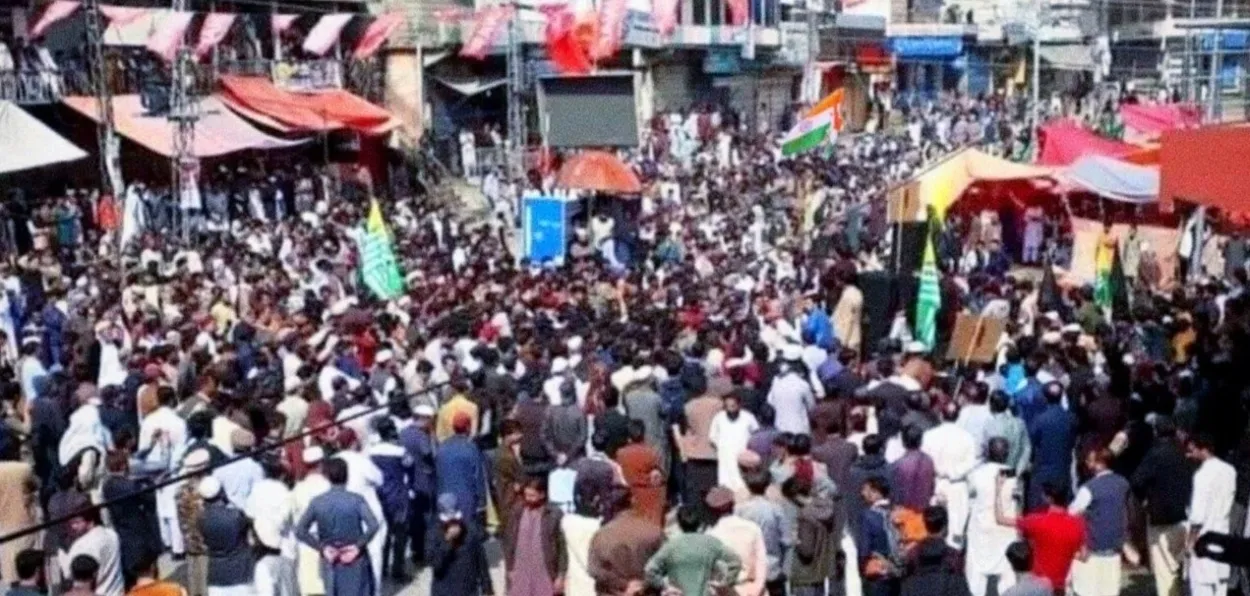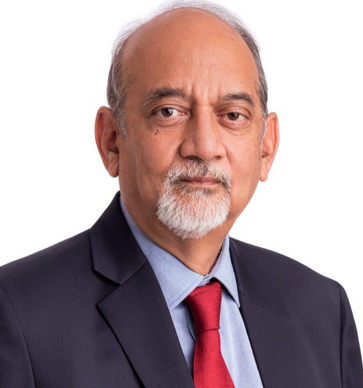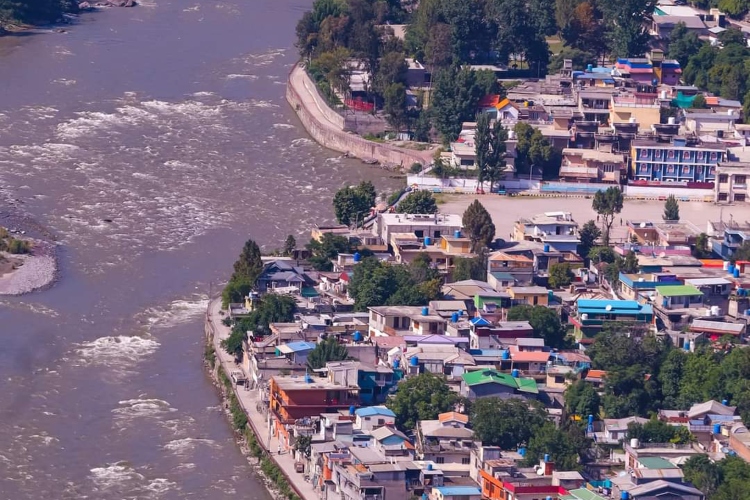
What are the powers of the elected Assembly and government in POK? Do the people of the territory enjoy the right to self-determination? Former Ambassador and author examines these issues in the light of coming elections in Jammu and Kashmir
 D P Srivastava
D P Srivastava
As the Assembly election approaches in J&K, political activities have intensified in the Union Territory. Both regional parties – the National Conference and the PDP have released their election manifestos. The common element in the two manifestos is the demand for the restoration of Article 370 and Statehood for the territory. Both have asked for reviving the India-Pakistan bilateral dialogue. The resumption of the democratic process is indeed a welcome step. The demand for restoration of Statehood can be looked at sympathetically. However, re-opening the issue of Article 370 after the Supreme Court has upheld the constitutionality of its deletion, and linking internal processes to relations with Pakistan, calls for an examination of the issue in its wider context. What are the powers of the elected Assembly and government in POK? Do the people of the territory enjoy the right to self-determination? What is the relationship between Islamabad and the POK government?
For the first 23 years of its existence, POK did not have an elected legislature or government. It was run directly by the Ministry of Kashmir Affairs in Rawalpindi based on Rules of Business. The President of POK was appointed by Pakistan’s central government and served at its pleasure. The first President Sardar Ibrahim was dismissed in 1950. This was the beginning of the revolt by his tribe - ‘Sudhan’. Pakistan first deployed the Punjab Constabulary, and then the Army to crush the Sudhan revolt. The military operation in POK lasted for almost a decade.
Pakistan raises the slogan of self-determination in the context of Jammu & Kashmir. In the case of POK, the first elections based on universal franchise were held in the territory (as well as in Pakistan), only in 1970. POK got its ‘Interim Constitution’ in 1974. Did it improve the condition of the people of POK? It strengthened Pakistan’s control of the territory. The Interim Constitution created a ‘Kashmir Council’, which was headed by Pakistan’s Prime Minister and controlled by the Ministry of Kashmir Affairs. The Constitution vested all legislative powers in the Kashmir Council, while the powers of the elected Assembly were not defined. As the government’s executive powers were limited to the areas where it had legislative authority, effectively it remained powerless.
After Zia’s coup in 1977, he ‘persuaded’ the elected Assembly to ‘agree’ to its own dissolution, thus committing political suicide. Thereafter, Zia dismissed the President of POK. This pattern was to be repeated under civilian governments.
Citizenship, Migration, and State Subject
Citizenship and Migration into POK remained part of the Council’s jurisdiction, effectively giving Pakistan control over these two crucial issues. The definition of the ‘State Subject’ was kept loose in the POK Constitution. It stated: ‘State Subject’ means a person for the time being residing in Azad Jammu and Kashmir or Pakistan who is a State Subject…… The wordings suggest even temporary residence will qualify a person for citizenship. This also makes no distinction between those living in POK and those residing in Pakistan. This ambiguity was deliberately built in to allow Pakistan to change the demographic composition of the region. Substantial change had already taken place with the construction of the Mangla dam in 1967 and the displacement of the population.

A View of Muzafarabad City, capital of POK, on the banks of River Jhelum
Right to Self-Determination
Article 4. (4). 7(2) of the POK Constitution stated that no person or political party in POK is allowed to challenge ‘the ideology of the State’s accession to Pakistan’. Thus, the constitution has ruled out either accession to India or independence option. The only choice left to POK subjects is to accede to Pakistan. This makes a mockery of the right to self-determination, which is only used as a slogan.
The above condition ruling out any challenge to the ‘ideology’ of the territory’s accession to Pakistan is a part of the pre-qualification requirement of the candidates taking part in elections. This is also included in the oath administered to all the elected members as well as high-level political or administrative appointees. Those aspiring to rule can do so only on Islamabad’s terms. Accession to Pakistan is not an issue open to discussion. It cannot be made an issue for electioneering.
Rule by Proxy replaced by Direct Rule
After the adoption of the ‘interim constitution’, POK was administered by the Kashmir Council. This was criticized as Islamabad’s Rule by Proxy. This continued for more than four decades. In 2018, under the 13th amendment of the POK Constitution, Kashmir Council was relegated to an Advisory role but its powers were not transferred to the elected Assembly or Government. Instead, Pakistan has assumed direct legislative and executive powers on 32 subjects within POK. Even on the remaining 22 subjects, Pakistan’s consent is required to initiate legislation. With Pakistan assuming direct powers within the POK, the territory has been integrated into Pakistan. This far-reaching change was made a year before the deletion of Article 370. It went unnoticed.
Both NC and PDP manifestos have called for the revival of dialogue with Pakistan. While friendly relations with neighbours are always welcome, this requires willingness by both sides. The resumption of bus service between the Indian side and POK brought opposition from the authorities on the other side. A 2006 report by the New York-based Human Rights Watch titled ‘With Friends Like These……’ stated that the Pakistani authorities arrested those who welcomed the inauguration of the direct bus service. The report was based on extensive interviews with people in POK and brings out abuses by the Pakistani military, intelligence services, and militants. The report also includes statements by the JKLF, who have never been allowed to participate in elections in POK.
ALSO READ: J&K elections: Pakistan quietly gobbled Gilgit-Baltistan much before Art 370 abolition
Since then the situation within Pakistan has become much worse. The country is hovering on the verge of bankruptcy and needs repeated bail-out packages by the IMF. Pakistan has seen widespread food riots. There was a year-long protest movement in POK against the scarcity of essential items like Aata (flour) and electricity. The last part is especially surprising since electricity from Mangla Dam located in POK is supplied to Pakistan. Pakistan is at odds not only with India but also with Muslim neighbours to its West - Afghanistan, and Iran. Over the past two years, Pakistan’s military has exchanged missiles and artillery fire with both. Will dialogue with Pakistan help political processes within J&K?
The Author is a Former Ambassador to Iran and author of 'Forgotten Kashmir: The Other Side of the Line of Control'
